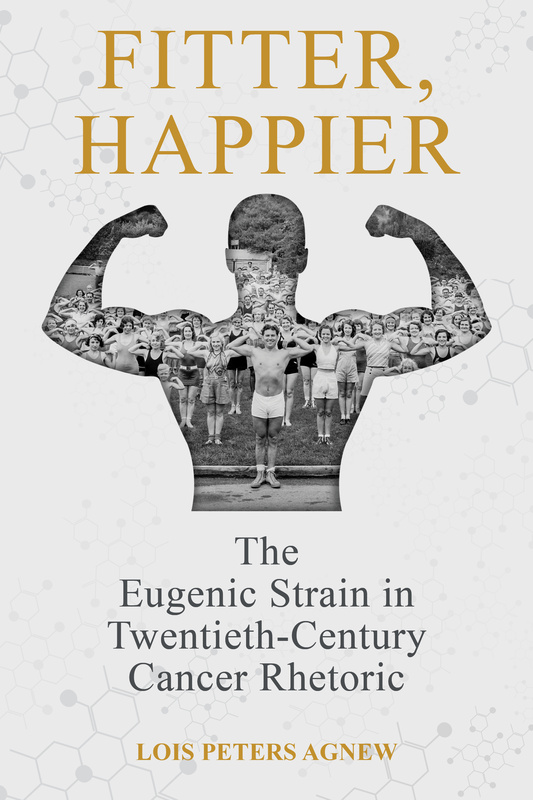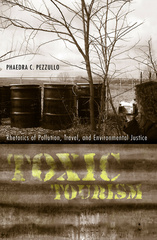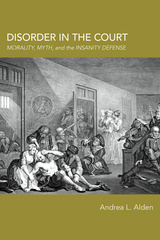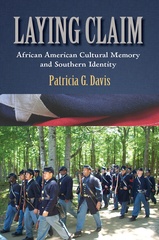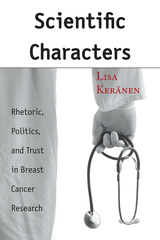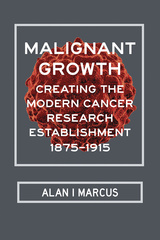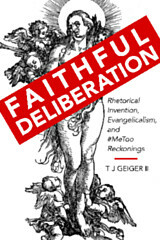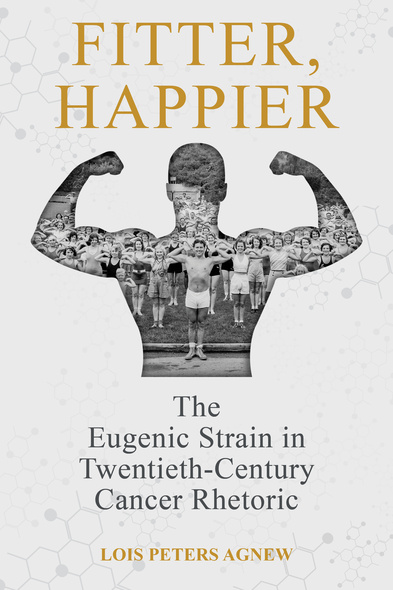
Fitter, Happier
The Eugenic Strain in Twentieth-Century Cancer Rhetoric
Fitter, Happier: The Eugenic Strain in Twentieth-Century Cancer Rhetoric is a thought-provoking exploration of the relationship between cancer rhetoric, American ideals, and eugenic influences in the twentieth century. This groundbreaking work delves into the paradoxical interplay between acknowledging the genuine threat of cancer and the ingrained American ethos of confidence and control.
Agnew’s meticulous research traces the topic’s historical context, unveiling how cancer discourses evolved from a hushed personal concern to a public issue thanks to the rise of cancer research centers and advocacy organizations. However, she unearths a troubling dimension to these discussions—subtle yet persistent eugenic ideologies that taint cancer arguments and advocacy groups. By dissecting prevailing cancer narratives, Agnew brings into focus how ideals rooted in eliminating imperfections and embracing progress converge with concerns for safeguarding societal fitness.
Fitter, Happier scrutinizes the military origins and metaphors that permeate government policies and medical research, the transformation of cancer’s association with melancholy into a rallying cry for a positive outlook, and the nuanced implications of prevention-focused dialogues. Reflecting on the varied experiences of actual cancer patients, Agnew resists the neat assimilation of these stories into a eugenic framework. Agnew’s insights prompt readers to contemplate the societal meanings of disease and disability as well as how language constructs our shared reality.
‘A smart, honest, and compelling book. Fitter, Happier, is ‘critical’ but in a capacious and open-minded way. There is an ethics of care in the approach.’
—Jay Timothy Dolmage, author of Disabled Upon Arrival: Eugenics, Immigration, and the Construction of Race and Disability
The unpredictability of its occurrence and the predictability of its terminal trajectory have long left humanity lost for words on cancer. The 20th century cancer rhetoric has created more visibility for cancer and yet made it more invisible with talk of causes, prevention, and cure. Lois Peters Agnew’s meticulous analysis of personal accounts and institutional artifacts will help both scholars and the public get their bearings on disability at a time when discourses on eugenics nurture dreams of living fitter and happier.’
—Suresh Canagarajah, author of Language Incompetence: Learning to Communicate through Cancer, Disability, and Anomalous Embodiment

